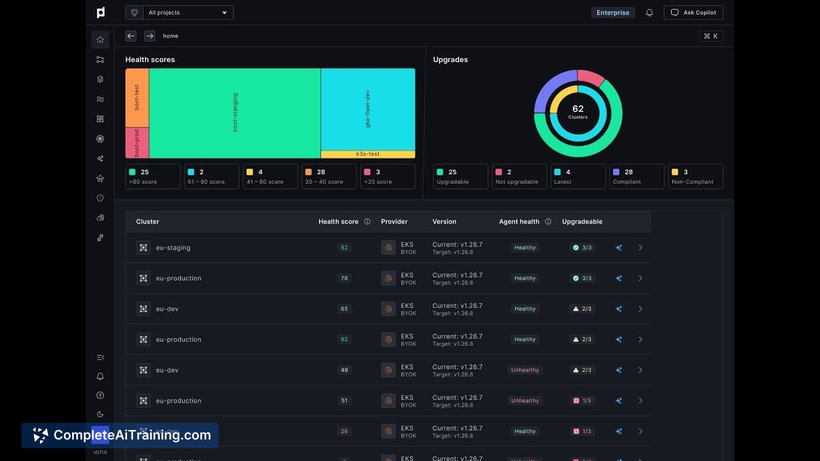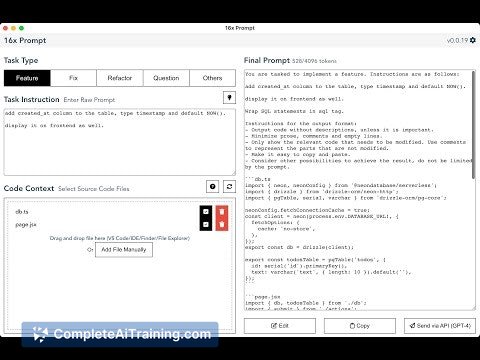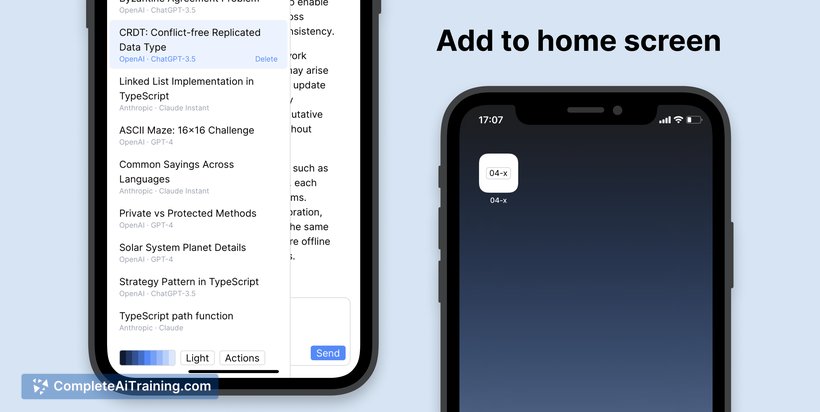About Plural
Plural is an AI-native control plane for platform teams that centralizes Kubernetes management across public clouds, private data centers, and edge deployments. It focuses on automating day-2 operations such as upgrades, diagnostics, and fleet-wide management while integrating with GitOps workflows.
Review
This review examines Plural's core capabilities, usability, and where it fits in a cluster operations stack. I cover its main features, value proposition, strengths, and areas that may need attention for teams considering adoption.
Key Features
- AI-driven GitOps integration that surfaces reasoning, generates PRs, and supports human-in-the-loop review for changes.
- Autonomous upgrade assistant that orchestrates complex Kubernetes upgrades with configurable guardrails and dependency hooks.
- AI-assisted troubleshooting and fixes that use a resource graph and retrieval-augmented context to produce root cause analysis and remediation suggestions.
- Multi-cloud, hybrid, edge, and bare-metal support so clusters across different environments can be managed from a single control plane.
- Agent-based installation path for legacy clusters to get immediate benefits and to ease migration toward GitOps workflows.
Pricing and Value
Plural lists free options for getting started and follows a model that scales toward enterprise-grade deployments. The value proposition centers on reducing manual toil for platform teams, consolidating cluster management, and accelerating routine maintenance through automation and AI assistance. Teams should evaluate expected operational savings against licensing or service costs and account for onboarding time to integrate GitOps practices if not already in place.
Pros
- Strong automation for upgrades and routine operations, reducing manual work for platform teams.
- Centralized view across clusters improves visibility and team collaboration on changes and incidents.
- Good support for heterogeneous environments (cloud, on-prem, edge) and for teams with limited infra headcount.
- Generates explainable PRs and provides steps to reproduce, which helps with trust and review workflows.
- Polished UI and collaboration flows that many users praise for clarity.
Cons
- There is a noticeable learning curve; some users report that onboarding and initial setup can be challenging.
- CLI experience has reported bugs and friction in a subset of user feedback, which may affect automation scripts or pipelines.
- Full benefits are tied to GitOps usage, so teams without GitOps may need additional effort to reach parity with managed workflows.
Plural is a good fit for platform and DevOps teams running multiple Kubernetes clusters who want to reduce operational overhead and centralize control. It suits organizations ready to adopt or expand GitOps practices and those that need multi-environment consistency; teams should plan for onboarding time and validate CLI workflows before large-scale rollout.
Open 'Plural' Website
Your membership also unlocks:


















